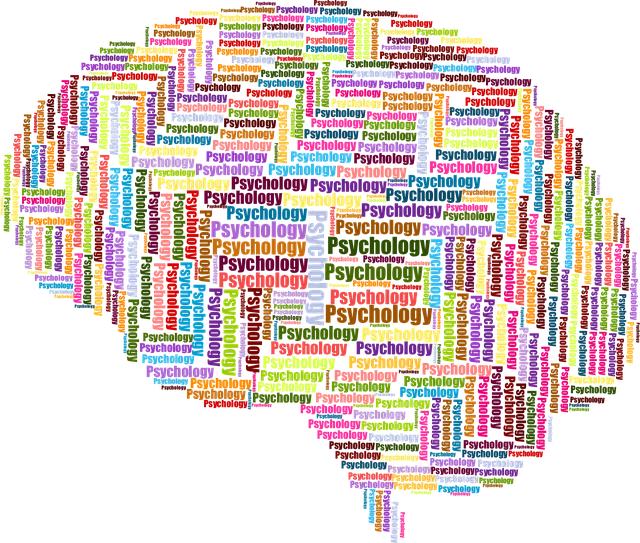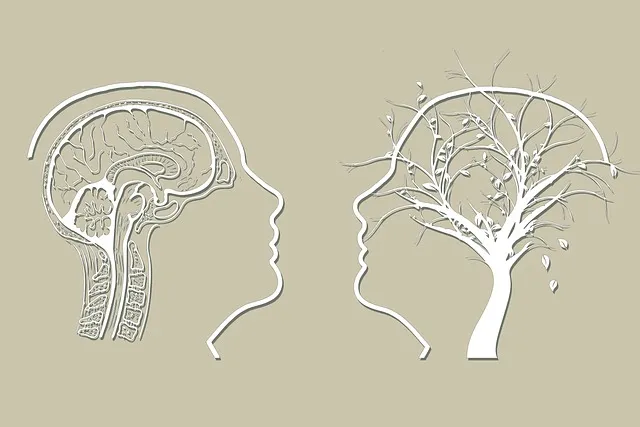Program evaluation is a powerful tool at Kaiser Permanente mental health locations in Wheat Ridge, Colorado, aiding in understanding and enhancing mental health initiatives. By combining quantitative data (e.g., surveys, GAD-7) with qualitative insights (interviews, focus groups), they assess program impact on patient well-being. Community engagement plays a vital role through feedback and participation in programs like Mental Wellness Coaching and Podcasts. This approach ensures culturally sensitive services tailored to diverse needs, fostering continuous improvement and relevance in mental health care.
“Explore proven methods for evaluating mental wellness programs, inspired by industry leader Kaiser Permanente’s initiatives in Wheat Ridge. This comprehensive guide delves into strategic evaluation frameworks, showcasing their impact on community well-being. From understanding key metrics and measurement tools to fostering stakeholder engagement, we uncover best practices ensuring continuous improvement. Discover how iterative approaches optimize the effectiveness of mental health initiatives, with valuable insights from Kaiser Permanente’s successful programs in Wheat Ridge.”
- Understanding Program Evaluation for Mental Health Initiatives
- Kaiser Permanente's Approach to Wellness Programs in Wheat Ridge
- Assessing the Impact: Metrics and Measurement Tools
- Stakeholder Involvement: Engaging Community Members
- Continuous Improvement: Iterating for Optimal Effectiveness
Understanding Program Evaluation for Mental Health Initiatives

Program evaluation is a crucial aspect of any mental health initiative, and it plays a pivotal role in understanding the impact and effectiveness of interventions at Kaiser Permanente mental health locations in Wheat Ridge. This process involves systematic methods to assess and measure the success or failure of programs aimed at improving mental well-being. By employing robust evaluation techniques, professionals can gather valuable insights into what works, identify areas for improvement, and make data-driven decisions to enhance service delivery.
In the context of mental health, program evaluations go beyond simply measuring client outcomes. They include assessing staff training programs, exploring community engagement strategies, and even developing public awareness campaigns that foster a more supportive environment. For instance, evaluating risk assessment tools used by mental health professionals can ensure their accuracy and effectiveness in identifying individuals at higher risk. Similarly, evaluating self-care routine development programs can lead to tailored interventions that promote better mental health practices among diverse populations.
Kaiser Permanente's Approach to Wellness Programs in Wheat Ridge

Kaiser Permanente, a leading healthcare organization, has implemented a comprehensive mental wellness program in Wheat Ridge, Colorado. This initiative reflects their commitment to addressing mental health concerns within their community. The program offers a multi-faceted approach, combining various strategies to promote overall well-being. One of the key components is the integration of mindfulness meditation practices, which have gained recognition for their effectiveness in reducing stress and anxiety.
The organization’s mental health locations in Wheat Ridge provide not only individual therapy sessions but also design and facilitate Mental Health Education Programs. These programs aim to educate community members about various aspects of mental illness, including strategies to combat stigma, promote understanding, and encourage early intervention. By combining these efforts with mindfulness meditation, Kaiser Permanente strives to create a supportive environment that nurtures both physical and mental health, ultimately improving the overall wellness of individuals in the Wheat Ridge area.
Assessing the Impact: Metrics and Measurement Tools

Evaluating the impact of mental wellness programs is crucial for understanding their effectiveness and making informed improvements. Metrics and measurement tools play a pivotal role in gauging success at Kaiser Permanente mental health locations in Wheat Ridge, among other healthcare settings. These include quantitative methods such as surveys and data analysis to track changes in symptoms like anxiety and depression over time. For instance, the Generalized Anxiety Disorder 7-Item Scale (GAD-7) is a widely used tool to measure anxiety severity.
Additionally, qualitative approaches like interviews and focus groups can capture nuanced insights into participants’ emotional healing processes and experiences with burnout prevention strategies for healthcare providers. By combining these methods, mental wellness programs in Wheat Ridge and beyond can gain a comprehensive view of their impact on patient well-being, leading to more targeted interventions and improved outcomes.
Stakeholder Involvement: Engaging Community Members

Engaging community members is a vital aspect of evaluating and enhancing mental wellness programs, especially in locations like Kaiser Permanente’s Wheat Ridge facilities. By actively involving local residents, these healthcare centers can tailor their services to meet the unique needs of their diverse population. This collaborative approach ensures that mental health initiatives are not only effective but also culturally sensitive and accessible.
Community members bring a wealth of knowledge and perspectives, offering insights into existing support systems, barriers to care, and potential improvements. Their participation in program development, such as contributing to Mental Wellness Coaching Programs or even participating in the production of a Mental Wellness Podcast Series, can enhance emotional healing processes and foster a sense of ownership within the community.
Continuous Improvement: Iterating for Optimal Effectiveness

Mental wellness programs, such as those offered at Kaiser Permanente mental health locations in Wheat Ridge, thrive on continuous improvement. This iterative approach ensures that services remain relevant and effective in addressing evolving community needs. By regularly evaluating program outcomes, identifying areas for enhancement, and incorporating feedback from participants, these facilities can optimize their impact. For instance, a successful Community Outreach Program Implementation might lead to expanding similar initiatives to reach more individuals in need.
Similarly, integrating Trauma Support Services and Coping Skills Development into the program curriculum requires ongoing assessment. Regular reviews allow mental health professionals to adapt techniques based on client responses, ensuring that coping strategies remain practical and impactful. This dynamic nature fosters a supportive environment where participants actively engage in their journey towards better mental wellness, reflecting the facility’s commitment to continuous enhancement.
Evaluating mental wellness programs is essential for understanding their impact and effectiveness, especially in initiatives like those offered by Kaiser Permanente at its Wheat Ridge locations. By employing comprehensive evaluation methods that include stakeholder involvement and continuous improvement cycles, these programs can be refined to better serve the community’s mental health needs. This strategic approach ensures that resources are allocated efficiently, allowing for a more robust and responsive mental healthcare ecosystem.






